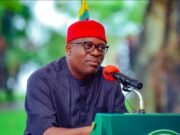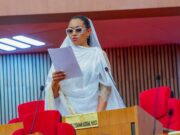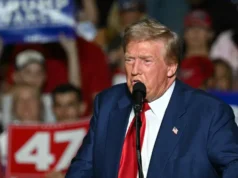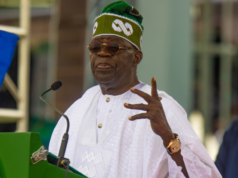 Advertorial
Advertorial
The International Monetary Fund (IMF) has clarified that it did not recommend the removal of Nigeria’s fuel subsidy; rather, this was a decision made by President Bola Tinubu.
The IMF’s African Region Director, Abebe Selassie, made this statement during the 2024 IMF and World Bank Annual Meetings in Washington, D.C.
 Advertorial
Advertorial
Since President Tinubu announced the end of the fuel subsidy in his inaugural speech in May last year, petrol prices have surged from N185 to N1,200 per litre, contributing to inflation reaching 32.7%.
The government has also taken steps to float the naira and eliminate electricity subsidies.
Selassie emphasized that the decision to remove the subsidy was strictly a domestic one and highlighted the IMF’s limited role, which primarily involves dialogue with various nations.
He acknowledged the social challenges posed by these reforms and urged the Nigerian government to enhance social protections for vulnerable populations.
 Advertorial
Advertorial
Recent IMF data indicates that Nigeria’s external debt is projected to rise to 25% of Gross Domestic Product (GDP) by 2025, up from 22.7% in October 2024.
The IMF report underscores ongoing economic instability in several Sub-Saharan African countries, including Nigeria, due to high inflation, fiscal deficits, and rising debt.
Selassie expressed concern about the slow pace of implementing social measures to mitigate the impact of subsidy removals and foreign exchange unification, which have left many Nigerians facing increasing living costs.

He called for a more proactive approach to social protection to aid those most affected.
While the IMF has historically advocated for subsidy eliminations and exchange rate unification, Selassie noted that these reforms have brought significant adjustment costs.
He stressed the need to redirect savings from these reforms to support low-income households, emphasizing that immediate changes have created hardship for many Nigerians.
Addressing perceptions that current economic difficulties are solely a result of IMF-recommended reforms, Selassie pointed out that Nigeria’s challenges are rooted in deeper economic issues, including previously unsustainable subsidies and an artificially low exchange rate.
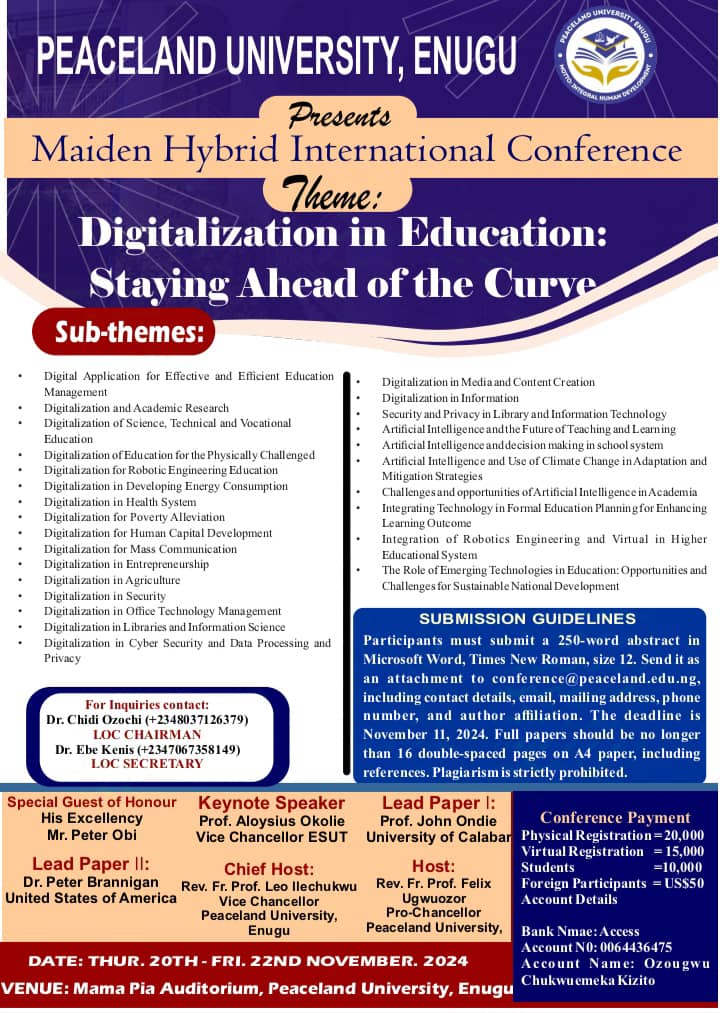 Advertorial
Advertorial
He noted that such policies had drained resources from vital sectors like health and education, exacerbating the situation.




